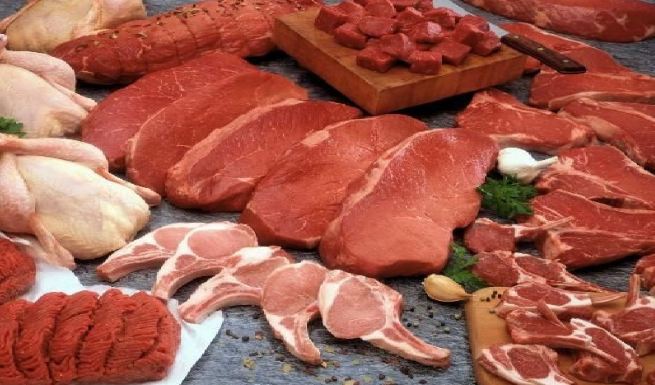Medical experts emphasize that meat consumption should be moderate during Eid-ul-Azha to prevent health problems. Excessive meat intake can lead to conditions such as diarrhea, indigestion, cholera, and other stomach diseases.
Nutrition experts recommend that a healthy individual should consume 60 to 100 grams of meat per day. This amount provides approximately 143 calories, 3 to 5 grams of fat, 26 grams of protein, and several essential vitamins and minerals. They also suggest that meat consumption should be limited to twice a week.
Also read: Eid-ul-Azha being celebrated with religious fervor across Pakistan
Experts highlight that the nutritional composition of meat can vary depending on the type and source, but generally, all meats contain beneficial nutrients like protein, fats, vitamin B12, zinc, vitamin B6, and iron. However, excessive intake of these nutrients can be harmful.
A healthy person can safely consume up to half a kilo of meat per week. It is advised not to store sacrificial meat in the freezer for more than 12 weeks, as prolonged storage can be detrimental to health.
Medical professionals recommend thoroughly cleaning and cooking meat before consumption. Cardiologists caution heart disease patients against eating organs such as the liver and kidneys due to their high cholesterol content.
Also read: 6.8 million animals to be sacrificed on Eid-ul-Azha in Pakistan
Nutritionists advise using minimal oil in cooking meat during Eid-ul-Azha and incorporating ginger, garlic, turmeric, and garam masala for added health benefits. They also recommend drinking plenty of water, lemon water, and increasing the intake of salads, vegetables, and fruits.
After meals, it is suggested to rest for half an hour and then take a walk to aid digestion. Following these guidelines can help prevent health issues and ensure a balanced diet during the festive period.

















